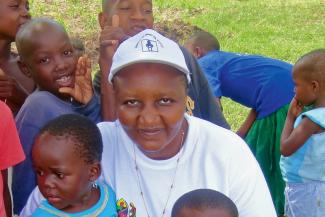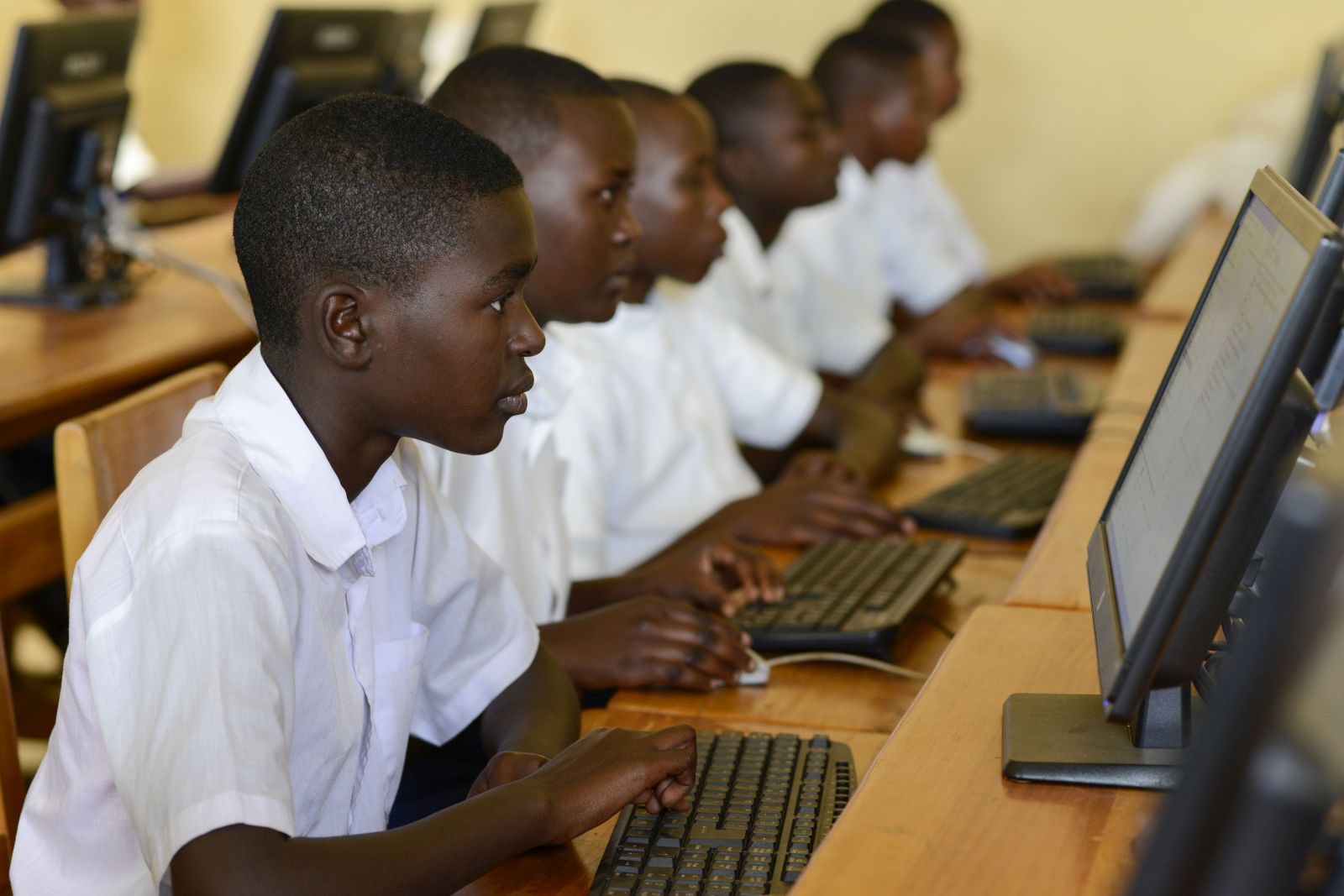Vaccination programme
Portrait of Dafrossa Cyrily Lyimo

Without international support Dafrossa Lyimo would not be able to carry out her work in the form she does now. The Tanzanian state had not been able to afford the vaccines without financial assistance. Between 2011 and 2013, on behalf of the Federal Ministry for Economic Cooperation and Development (BMZ) and in cooperation with the globally operating Gavi Vaccine Alliance, KfW Development Bank made EUR 34 million available for the vaccination programme in Tanzania, a country with a population of 50 million. The Tanzanian government has to make a counterpart contribution of 20 cents per dose, the minimum amount required by Gavi as a counterpart contribution by developing countries for the promotion of vaccination.
“This cooperation is vastly important for us”, says Dafrossa Lyimo. It has enabled Tanzania to introduce three new vaccines in the space of just a few years. A new fivefold substance protects infants against diseases including hepatitis B. The other two vaccines have also only been on the market a short time and are thus still relatively expensive: a vaccine against the rotavirus, which causes serious diarrhoea, and one against pneumococcus, which attacks the respiratory tract. The two pathogens are the most frequent cause of death among five-year-olds in developing countries. It is Dafrossa Lyimo who ensures that all of the participants cooperate smoothly. The head of the vaccination programme orders the doses via the United Nations and reports to KfW Development Bank locally in Dar es Salaam on their use. With her committed colleagues, she also ensures that the precious cargo reaches those who need it, wherever they are.
According to Dafrossa Lyimo, the vaccination programme has succeeded in tangibly reducing child mortality in Tanzania, where there are estimated to be1.8 million children under the age of one. Initially, distributing the new vaccines was most of all a major logistical challenge. Because the vaccines are sensitive to temperature, the cold chain must not be interrupted during their transport. That is why KfW Development Bank also assists by means of infrastructure programmes in procuring refrigerators and supports professional dialogue regarding the modernisation of logistics systems at the regional level.
Dafrossa Lyimo is pleased that, to date, the programme has proven a success and there have been no shortfalls. “And the vaccination rate is higher than it was five years ago”. Over 90 percent of babies are now vaccinated.
Dafrossa Lyimo has been heading up the programme since 2009. Before that, she was a public health officer at the Dar es Salaam centre, where her responsibilities included the care of HIV patients. She also managed the public hospital there for eight years. Dafrossa Lyimo hopes that the cooperation with KfW Development Bank will continue. “We still need support with logistics and in the development of our capacities”, she says.
The doctor also hopes to organise more educational work. For it is not easy to convince all parents to have their babies vaccinated several times at once. (sb) //











